Desi Ghee has been part of our diet since 2000 BC, which has been recorded in our Veda Shastras. Ayurveda described Ghee as an aromatic substance of Milk, which has various healing properties.
Ghee has a high smoke point of 485 Degrees Fahrenheit which makes it one of the best oils to safely cook with; but in true Ayurvedic tradition, you can also successfully use it as a massage oil, a carrier for ingesting herbs and a soothing balm for the eyes, among other uses.
A2 desi ghee has been extensively used in Ayurved Punchkarma and Ayurvedic cleanse, it is used as the preferred vehicle for oleation, a process of ingesting increasing amounts of oil over a series of mornings.
This actually helps pull fat-soluble toxins out of cells and triggers fat metabolism. Our intestine love to have ghee because it has butyric acid, the active ingredient in butter and more concentrated in ghee- that supports immunity and protects the integrity of the lining of the gut wall.
Tips on how much ghee you should add to your diet daily
You can add 1 tsp of ghee for each of the complete meals: lunch, and dinner. Eating this amount of ghee can be beneficial for everyone and many people who are fighting many issues like women with PCOS, people with heart problems, high blood pressure levels, constipation problems, pain in joints, and who have inflammatory bowel syndrome (IBS).
The ghee used for lunch
A dollop of ghee in lunch creates a wonderful remedy for reducing morning hunger, junk food cravings, and desserts later in the evening. It can also help in skipping post-lunch sleepiness or laziness, sluggishness, and low productivity in work.
Ghee amount for dinner
Adding extra tsp along with 1 tsp of ghee than usual, in dinner can recover constipation and indigestion problems. Ghee for dinner keeps improving your sleep quality.
Buy cow Ghee Online: Order Now. Free Shipping
Nutritional Value of Cow Ghee
Cow ghee has all the necessary nutrients along with antiviral, antioxidant, antifungal and antibacterial properties. Cow ghee contains a high amount of saturated fat which is approximately 7.9 grams per serving. Just as all fats, cow ghee is comparatively high in calories; roughly one tablespoon of serving contains 112 calories.
According to American Heart Association’s recommendation, the total fat intake should be between 25-30% of total calories. So for a person with a 2000 calories diet, the ideal fat consumption should be between 56-78 grams, of which the saturated fat shouldn’t be more than 16 grams. A healthy body can produce its own fat, but it’s beneficial to consume a little extra ghee.
Read More – 8 Health Benefits Of Desi Ghee
Ghee Nutrition Facts:
- Carbohydrates
Since ghee contains almost pure fat, it doesn’t contain any proportion of carbohydrates.
- Fats
Ghee is more concentrated as compared to regular butter, so it does include more calories and more fat (including saturated fat) properties when added to food. Like any fat, ghee should be used as an enhancer for other foods.
- Protein
Ghee may consist of trace amounts of protein that are leftover if the milk solids (whey) aren’t completely removed in the clarification process by heating it to get evaporated water content.
- Vitamins and Minerals
Generally, a one-tablespoon of ghee can add about 8% vitamin A, 2% of vitamin E, and 1% of vitamin K to your diet. If you want health improvement for lean people then it is recommended to get enough of these nutrients through ghee. So it promotes a moderate amount of ghee in cooking while adding to foods with fat-soluble nutrients so your body can better absorb the nutrients.
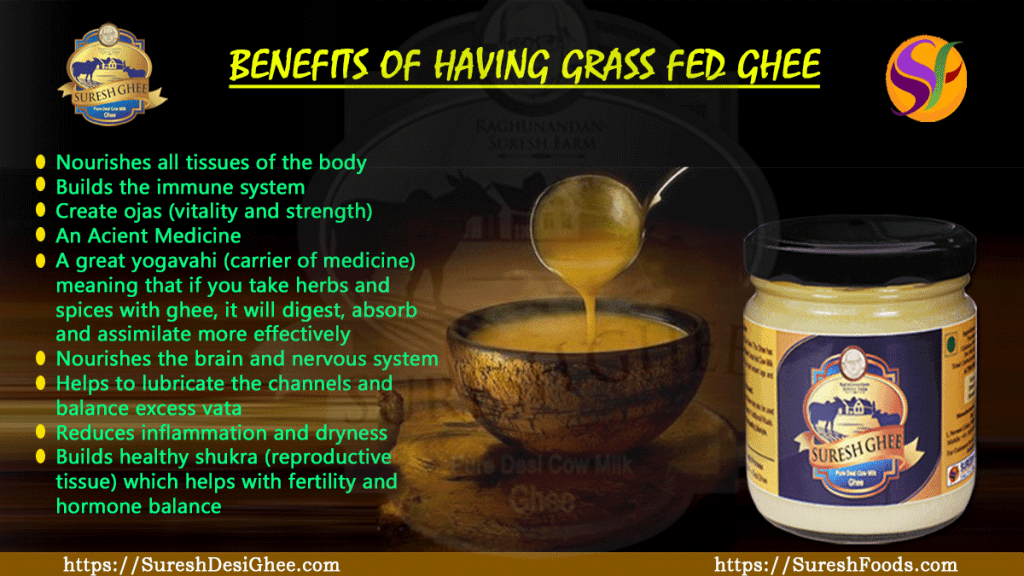
Uses of Cow Ghee
Cow Ghee has been used for cooking in many households. It is also used by cancer patients as it helps in reducing the growth of cancer cells. It improves the quality of voice. Cow ghee is also consumed to strengthen mental health. It is used to build stamina and helps in improving the level of testosterone. It is used by many as a home remedy to achieve glowing skin and healthy hair.
Cow ghee for digestion
Cow ghee improves digestive strength by relieving the secretion of enzymes. Cow ghee contains lower chain fatty acids so it will keep control of digestion. People who have digestion problems must eat cow ghee so that their bodies can respond to their food in a better manner.
Constipation also can be overcome with cow ghee. If one can have a spoonful of cow ghee mixed in lukewarm water, one can achieve healthy bowels in the morning.
Cow ghee benefits for bones health
Cow ghee consumption at a moderate level helps in enhancing bone strength and stamina. Cow ghee is enriched with fat-soluble vitamins. They promote healthy growth and development of bones and brain, also maintaining their normal functioning. If the body consumes cow ghee at a moderate level, it enhances its immunity against several diseases by developing body tissues. It also helps sensory organs to work properly.
Read More – Benefits of Drinking Warm Water with Ghee Empty Stomach
Cow ghee benefits for heart patients
Cow ghee is enriched with vitamin K2 which helps in decreasing the calcium deposition in the arteries, thus protecting against the calcification of arteries. It promotes the functioning of the heart by reducing cholesterol levels.
Cow ghee for weight management
Whether it’s about gaining or losing weight, cow ghee can help in both situations. For losing weight, it’s a good way to obtain conjugated linoleic acid (CLA) which supports a weight reduction strategy and reduces belly fat. It can be the best on insulin resistance, maintain a weight check, and help in curing diabetes. It does not contain any hydrogenated natural oils and thus will not allow excess and unneeded fat to deposit.
Cow ghee increase bone density
They help in improving body weight by enhancing bone density and granular mass rather than collecting excess fat in the body.
Desi Ghee (the clarified butter) is known for its many benefits; however, hardly people talk about side effects of taking an overdose of ghee. Right, like any other thing Ghee do have benefits and side effects. Let’s discuss about the side effects of Ghee.
- For pregnant ladies, Ghee is beneficial just before Labour pain; however having Ghee in starting period of pregnancy could be harmful. That is why people advise not to have Ghee in starting months of pregnancy.
- Excess of ghee can cause indigestion and diarrhea. Since Ghee is a heavy food for our body.
- If you are suffering with cough and cold, than you must make a distance from Desi Ghee, as eating Ghee can cause more cough and situation can be more serious.
- Never take Ghee with honey; it is not good for your body.
- Unmixed ghee should not be taken in the event of the domination of Pitta especially when Pitta is associated with Ama.
- Ghee taken in this condition brings about paleness (Jaundice) in the body and may prove to be fatal by impairing the consciousness.
Abstain from the intake of ghee if one often goes through bloating or acidity. The consistency of ghee that is high in fats and cholesterol, may result in heart-related problems and even lead to cancer, particularly in older individuals. Therefore, it’s suggested for seniors to reduce their intake of clarified butter to protect their heart health. Nevertheless, moderate consumption of this vigorous fat can be essential for enhancing bone health, alleviating joint discomfort, and improving overall well-being.
When consumed in moderation, ghee can certainly minimize the risk of heart disease, but excessive consumption of saturated fat can raise that risk. Individuals having active risk factors for heart disease should consider talking to healthcare experts before adding ghee into their diet.
Immoderate ghee consumption can leave detrimental side effects on heart health because of its saturated fat content, potentially leading to arterial blockage. Such people who tend to have fatty liver conditions should also exercise carefulness and resist their ghee intake. Clarified butter’s dense fat consistency can give rise to the likelihood of obesity and elevated levels of harmful cholesterol. Hence, it is necessary to understand that ghee is a calorie-dense food which is rich in fats. Although it provides health benefits, uncurbed intake can lead to weight gain as well as a heightened risk of obesity.
Management of over usage:
- In case of feeling of indigestion or heaviness of stomach after ghee consumption, a warm drink or a cup of fat-less buttermilk can be consumed.
- If you think you have over-consumed ghee, do not take food till the ghee is completely digested. Anyways, you will not be feeling hunger.
- Sip in warm water once in every half an hour. Use it for drinking and washing.
- If you start feeling hungry, try to have hot liquid foods such as hot clear veg soup.
- After you start feeling lightness in the stomach and body, you can resume your routine dietary habits.
- Triphala, Trikatu – are used to cleanse the channels and improve digestion strength, if the ghee causes indigestion due to wrong use.
- Fat less buttermilk is told as a specific remedy to counter the ill effects of wrong usage of ghee. It helps to improve digestion.

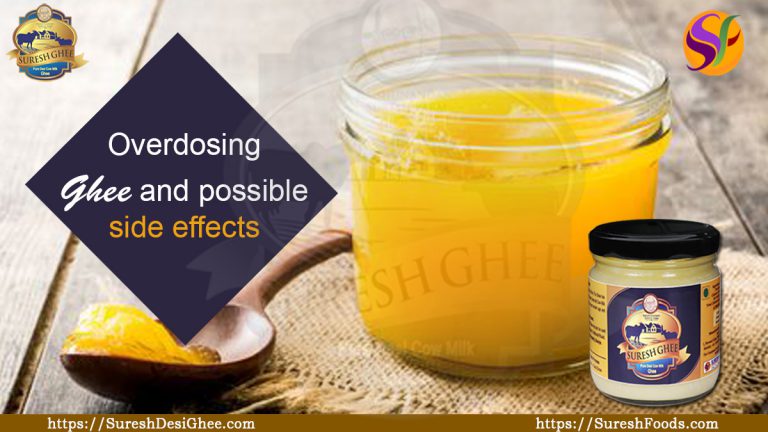


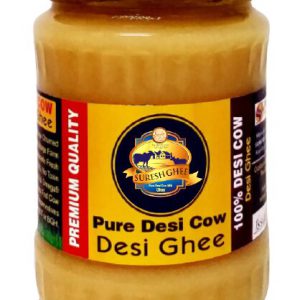
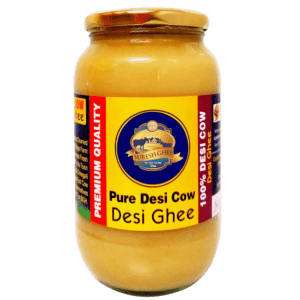
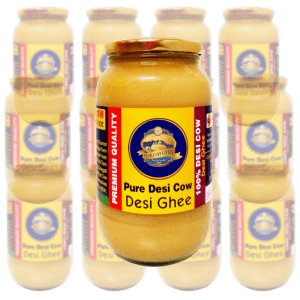
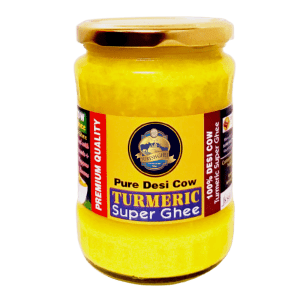
 WhatsApp us
WhatsApp us
Naveen m...